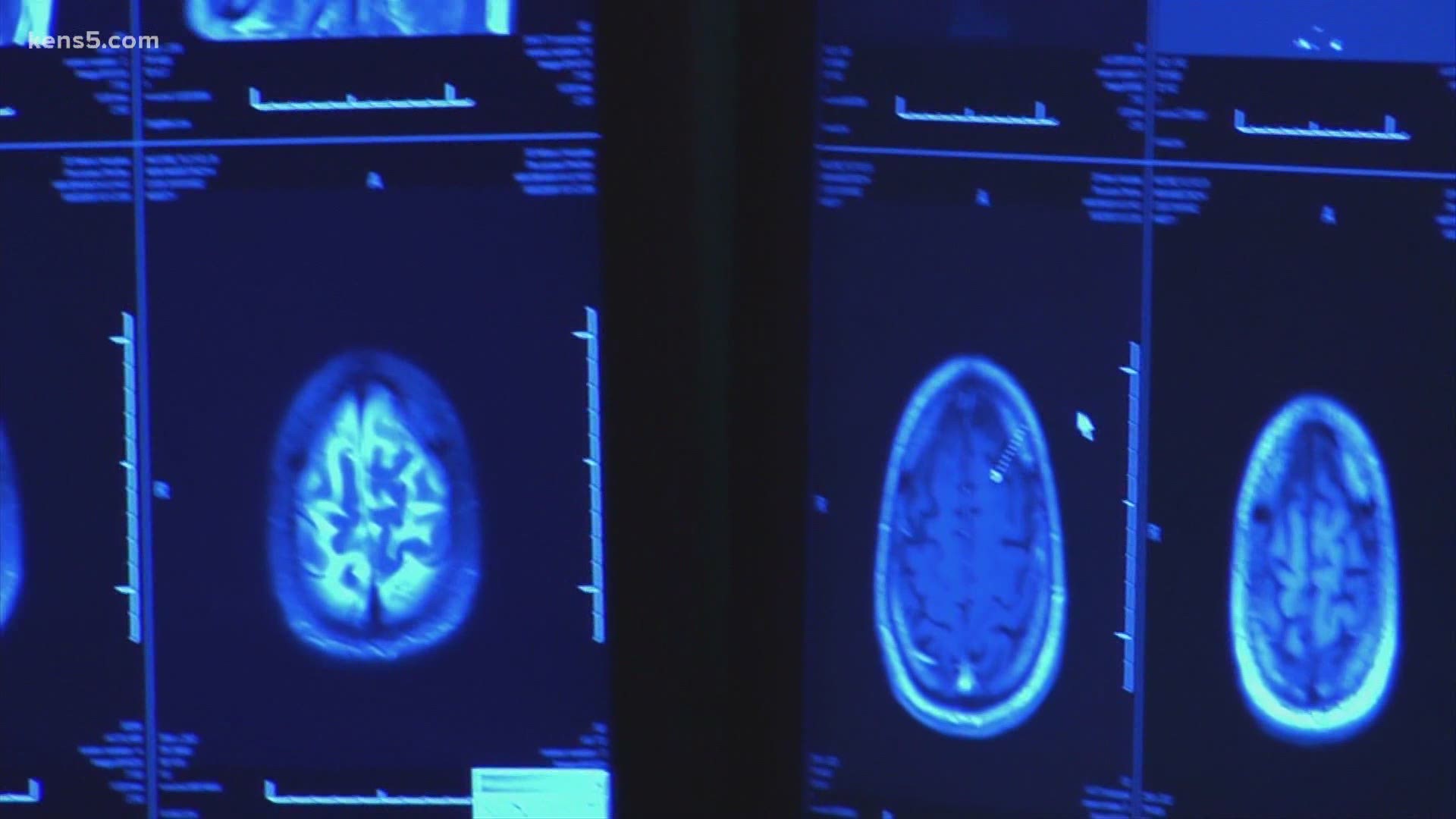SAN ANTONIO — If you are infected with the coronavirus you might not even know it, have mild symptoms, or severe symptoms that last weeks or even months.
If you had the coronavirus and your symptoms are lasting for more than a month, they likely need to be addressed by a medical professional.
"What we are seeing these patients that who have had COVID can be affected in so many different systems and arenas in their body," said Dr. Monica Verduzco-Gutierrez, Director of the COVID Recovery Clinic at University Hospital and Professor of Rehabilitation Medicine at UT Health San Antonio.
She said there needed to be a recovery clinic to get those patients back to normal. "I said we need a clinic that focuses on the needs of those patients who have survived COVID-19, no matter what severity of disease they had and be able to help them get their quality of life back," She told us.
The focus is on those who can't seem to shake their symptoms. "It can affect peoples sense of smell because it goes in through the nose. It can affect the brain including the way they think and their memory. So that’s just some of the ways we are seeing how the coronavirus can affect patients," Dr. Verduzco-Gutierrez said. "We are seeing a certain percentage of patients who are getting long hauler symptoms, so that means ongoing symptoms beyond even their disease. Sometimes some of the patients who didn’t have the most severe disease and didn't need to be hospitalized were at home and they are kind of worried about the symptoms they were having, but they never had to be hospitalized but they still have needs that need to be addressed and they still have ongoing symptoms."
Some of those symptoms include fatigue, inability to exercise, loss of taste and smell, being short of breathe, and constant headaches to name a few. But it can also affect the brain.
"There are MRIs that have shown that patients with COVID-19 they can have their hippocampus affected, that's a fancy word to say that's the memory part of our brain," Dr. Verduzco-Gutierrez said.
The clinic aims to address any symptoms. "Even though we don’t have thi
s 100% crystal ball to know what is going to be the outcome for patients who have COVID-19, but we do know these are disease states that people have had in other illnesses so we know how to take care of them. We know for fatigue that you may need a gradual return to an exercise program you may need medication you may need something to optimize your sleep," Dr. Verduzco-Gutierrez said. "If you have cognitive deficits we know there are therapy techniques that can help with that we have medications that could help with cognition as well. If you have lung damage or problems breathing there’s pulmonary rehabilitation. I just encourage people to try to take advantage of their health and to take advantage of these opportunities to feel better."
To find out more about the Post-COVID Recovery Program check out this link.
For more information about family health call 210-358-3045. You can also find the rest of Wear The Gown stories, just go to WearTheGown.com.

